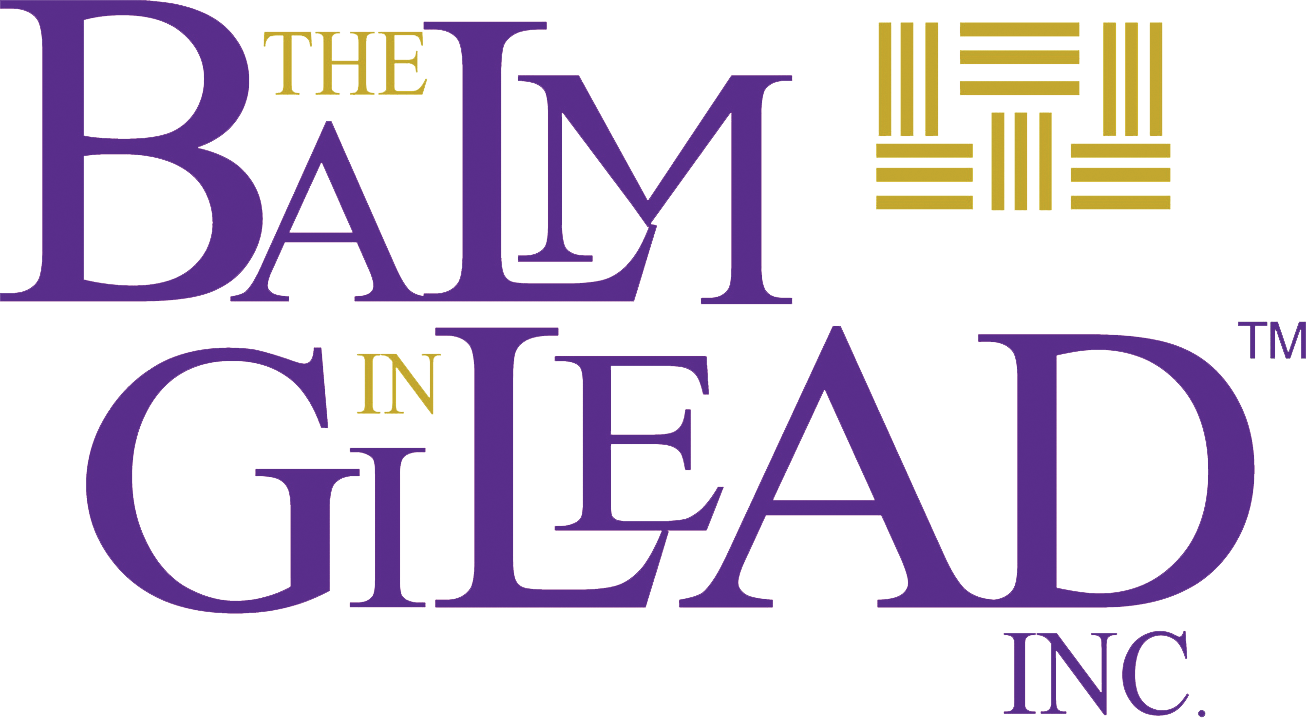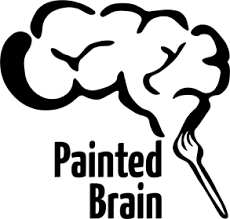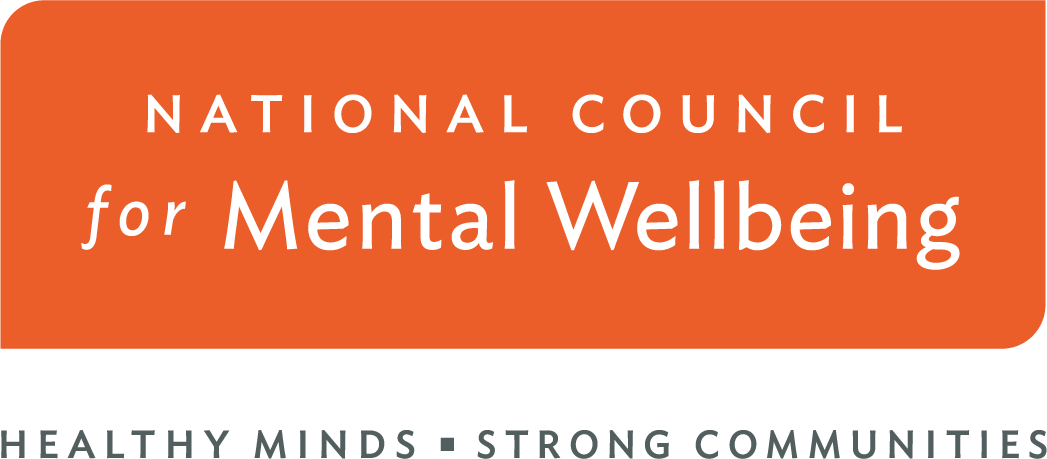Faith & Mental Health Podcast


Community Health Equity Alliance is helping to raise awareness, supporting people in navigating care, and engaging communities. Resources have been created by and for Black/African Ancestry adults living with serious mental health conditions, advocates, community stakeholders and care team providers.
For community members and organizations seeking to raise awareness, sharing perspectives from those with lived experience can help reduce stigma, improve understanding of serious mental illness, and connect community members to available resources. Community-informed awareness activities may include podcasts, webinars, blogs, and educational programs.
Faith & Mental Health Podcast

Unapologetically Black Unicorns
#BlackMentalHealth Podcast Series

The Balm in Gilead: Breaking the Chains of Mental Health Inequity
Webinar

Peer Mental Health Journal

The National Council for Mental Wellbeing
Social Justice Leadership Academy

Improving Cultural Competency for Behavioral Health Professionals

There are many reasons Black/African Ancestry adults in the United States often do not use mental health services, including facing prejudice and discrimination, cost and insurance, and structural barriers. Community-informed navigation resources can help adults with lived experience and their support networks understand how to access culturally responsive mental health care and related support services.
988, Mental Health Equity & Care Journey Resource
988 is a hotline that connects people to the National Suicide & Crisis Lifeline, where confidential, compassionate, accessible care and support are available for anyone experiencing a mental health or substance use crisis.
Allegheny County African American Mental Health Resource Guide
This guide shares key community information and resources so people can connect with mental health care in Allegheny County.
Black Emotional and Mental Health Collective
Wellness Tools and Virtual Directory
The serious mental illness journey is personal and individual. Resources, information, and support services that work may vary person to person. This journey map can be customized to help you seek and access support based on your needs.
A resource for treating people in Black/AfricanAncestry Communities.
Georgia Mental Health Access Map
Finding and accessing support services when living with a serious mental illness can be challenging. This mental health access map helps connect you to Georgia-based resources that can make support services such as treatment, housing, and employment opportunities more accessible.
Houston, TX Navigation Resource
The mental healthcare system can feel difficult to navigate. Knowing when to seek care, where to go, and who to engage may help. This navigation resource provides information on accessing and finding help when you need it.
Mental Health Resources
Community-informed mental health solutions are developed by and for individuals with lived experience, community leaders, and local organizations in areas of importance to Black/African Ancestry communities. These areas may include systems of care navigation, peer support, and faith-based education. When planning for local mental health programs, consider involving organizations focused on mental health advocacy, faith, civic, and healthcare professional services.
Confronting Stigma Film and Panel
This film premiered on the South Side of Chicago with a panel discussion following the screening. The panelists will confront the stigma that too often exists among Black/African Ancestry men when it comes to accessing mental health care.
North Carolina Mental Health Resource Kit
Culturally responsive care reflects a person’s beliefs and cultural background, individual goals, and preferred ways of support. This resource kit equips North Carolina community leaders and members with information on serious mental illness and equitable care.
Too many people in the United States are experiencing mental health-related distress without the support and care they need. The faith community can help reduce stigma around mental illness and guide those seeking mental health care to a healthcare professional.
Health Education Resource Center
Mental Health Screening and Decision-Making Tools
National Alliance on Mental Illness (NAMI)
Sharing Hope: Mental Wellness in the Black Community